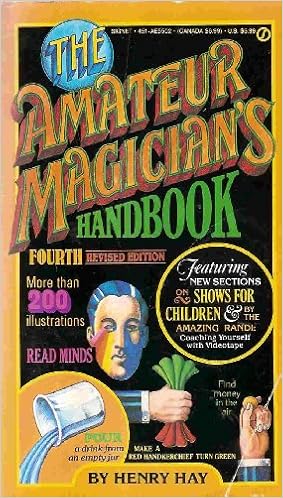Something I don’t really talk about is that I’m on the booking committees for two variety arts festivals. They are the Moisture Festival, which is the largest and longest running variety arts festival and the Sideshow Hootenanny, which is an annual gathering of sideshow and variety arts performers.
One of my favorite things about performing at variety arts festivals is that I frequently get to perform with my favorite performers! When I was starting out on of the acts that really formed how I perform now when I was a teenager and snuck into a casino to see the Raspini Brothers. Then years later I got share the stage with them at a variety arts festival! It was a huge moment for me!
Between the two variety arts festivals that I help with the booking, I go through the submissions of hundreds of performers who apply to the festivals. Both of these festivals use a similar application process, and one that hundreds of events around the country use. It’s an online form that you submit your promotional material to. These suggestions will help you whether you’re applying to a local festival, state fair, parks and rec gig or even to perform in a cabaret show.
Three Things You Need To Have!
The main information you’ll normally be asked for is a bio, picture, and link to video. There will be other information they ask for, but for now let’s deal with those three, because those are the ones you need to nail to get the gig.
Let’s start with a bio, it’s a bit different than a bio about you. It’s more of a show description and this is the info that many bookers will ultimately use in the program for their event. You want to tell who you are, what you do and some accomplishments…and do it in 1-3 paragraphs (less is better). Trim out all the “fat”. As a booker, I really don’t care that you “got bit by the magic bug when you were seven years old after seeing Mark Wilson on TV”. Using something like, “Joe the Magician presents fast paced, high energy Illusions with Latin flair. Joe’s done three successful tour with Circus Fakus and is currently presenting his one man show in San Francisco… ” will give me more info about you and what you’ve done than your blood type and complete origin story.
The next one is your photo. This should be a photo of you, where I can see you. An example of a good photo that’s bad to send when applying to a festival is one where I can’t see your face. I’ve seen a great pic of a fire breather and their face is blocked by the ball of fire. This photo doesn’t need to be a studio photo, however it should appear to be professionally done and you should be the subject of it, not a picture of another thing or people that you happen to be in.
Finally, there’s the video. The number one way to get me to not look at your video is to send me a link to your Instagram profile to your YouTube account, not a direct link to a specific video. If all I have is a link to the general profile, I don’t know what you want me to watch. Also, send a direct link to the specific act you are planning to present, or if you’re applying to do a full show, send a sizzle reel and a sample of a longer routine and label them! One last thing about a video, make the audio on it clear, or put in subtitles. If you’re a talking act and I can’t understand you, it doesn’t help you get booked.
These are solid guidelines to follow, however rules are made to be broken. If you have a very specific and intentional reason to send a blurry low resolution picture or whatever, then do it.
If you do those three things, you’re ahead of the majority of the submissions that cross my desk!
-Louie Foxx

